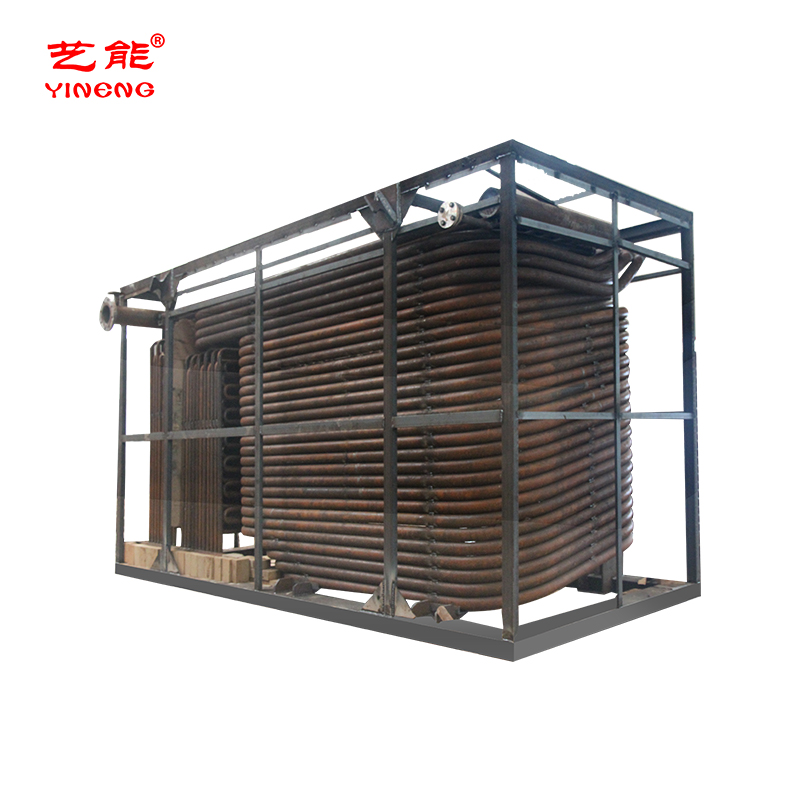boiler for timber exporters
The Role of Boilers in Timber Exporting
Timber exporting plays a crucial role in the global economy, providing raw materials for construction, furniture, and various industries. A critical component of the timber export process is the use of boilers, particularly for drying and treatment purposes. Understanding how boilers function and their significance in the timber industry can help exporters optimize their processes, ensuring high-quality products and compliance with international standards.
What is a Boiler?
A boiler is a closed vessel that heats water or other fluids until they reach a desired temperature, producing steam or hot water. In the timber export sector, boilers are primarily used for drying timber, treating wood, and generating heat for various processes. The efficiency and reliability of boilers can significantly impact the quality of timber products and the overall success of timber exporters.
The Importance of Drying Timber
One of the principal reasons boilers are vital in timber exporting is the necessity of drying wood to reduce moisture content. Freshly cut timber contains a high level of moisture, which can lead to warping, cracking, and deterioration during transit and storage. Proper drying, often achieved through the use of industrial boilers, ensures that the timber reaches the desired moisture content, enhancing its durability and stability.
There are several methods for drying timber, including air drying, kiln drying, and using advanced drying technologies. Among these, kiln drying is widely preferred in the timber exporting industry because it allows for precise control over temperature and humidity levels. This process significantly reduces the time required for drying and improves the final quality of the timber.
Heat Treatment Ensuring Quality and Compliance
boiler for timber exporters

In addition to drying, boilers are also utilized for heat treatment of timber. Heat treatment is a process that involves heating timber to a specific temperature for a set period to eradicate pests and pathogens. This process is crucial for complying with international export regulations, such as the International Standards for Phytosanitary Measures (ISPM 15), which aims to prevent the spread of pests through wood packaging materials.
Using boilers for heat treatment not only ensures compliance with these regulations but also enhances the longevity of timber products by effectively sterilizing them. By investing in efficient boiler systems for both drying and heat treatment, timber exporters can minimize risks associated with pest infestations and improve the overall quality of their products.
Choosing the Right Boiler System
When selecting a boiler for timber exporting, several factors must be considered, including the size of the operation, energy efficiency, and environmental regulations. Sustainable practices are increasingly important in the timber industry, and choosing eco-friendly boiler options can contribute to a company’s commitment to sustainability.
Furthermore, regular maintenance and monitoring of boiler systems are essential to ensure they operate at peak efficiency. Properly maintained boilers lead to reduced operational costs and a decreased environmental footprint, which is a key concern for modern timber exporters.
Conclusion
In conclusion, boilers are integral to the timber exporting process, playing a vital role in drying and treating wood. By investing in efficient boiler systems, timber exporters can enhance the quality of their products, ensure compliance with international regulations, and reduce environmental impacts. As the global demand for timber continues to rise, understanding and optimizing boiler processes will be crucial for the success of exporters in a competitive market. Embracing technology and sustainability will not only benefit individual companies but also promote responsible practices within the timber industry as a whole.
-
Custom Steam Boilers Manufacturer | AI-Enhanced EfficiencyNewsJul.31,2025
-
Top Electric Steam Boiler Makers | AI-OptimizedNewsJul.31,2025
-
Top Electric Steam Boiler Manufacturers - High Efficiency SolutionsNewsJul.30,2025
-
Top Electric Steam Boiler Manufacturers – Efficient Industrial SolutionsNewsJul.29,2025
-
Top Electric Steam Boiler Manufacturers | Reliable Industrial SolutionsNewsJul.29,2025
-
OEM Steam Boiler Solutions for Custom Needs | High Efficiency & VersatilityNewsJul.29,2025

